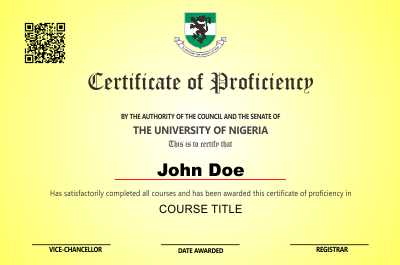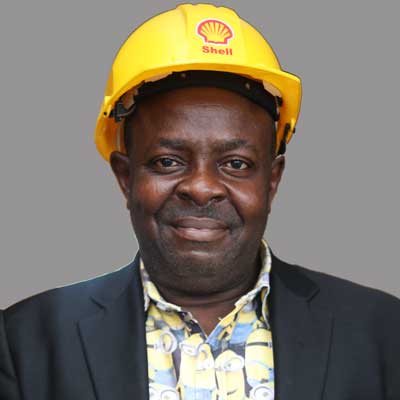Separators, Petroleum Refining, Testing, and Instrumentation
HomeCoursesSeparators, Petroleum Refining, Testing, and Instrumentation
About this Course
A separator is a vessel in which a mixture of fluids that are not soluble in each other are separated from one another. In the oil field separators are used to separate gas from liquid. They are also used to separate two liquids, such as condensate and water.
There are more separators in oil and gas process facilities than any other type of process equipment. Sometimes they are called scrubbers, accumulators, flash tanks etc. All these vessels have the same function. They separate two or more fluids; usually gas and liquid. They all operate in the same way.
Process control instrumentation systems are very complex. The complex systems are made up of smaller, simpler systems. These small systems are called control loops.
Some of the crude oil that flows from oil wells into the production plants contains salt and water. The crude oil is tested to find out how much salt and water is in the oil. As an outside operator you will collect samples of crude oil that will be tested for salt content and water content. In oil industry language this is known as a Basic Sediment and Water (BS&W) test. In this module the trainee will learn how and where to collect samples of crude oil in a production plant and why it is necessary to collect crud oil samples. The trainee will also learn the procedure for loading tank gauging, testing tanks, and the importance of temperature during this operation.
The crude oil which comes out of the ground cannot be used for anything. The purpose of an oil refinery is to take this crude oil and change it into hydrocarbon products which can be used. The general word for this process is 'distillation'. The refinery distills the crude oil by using a number of oil processing systems.
Learning Outcomes & Objectives:
On the completion of this unit the trainee will be able to:
*Explain the principle of separation.
*Explain the function of separator internals.
*Explain the difference between 2 and 3 phase separators.
*Explain the difference between horizontal and vertical separators.
*Explain the liquid level control systems.
*Explain the pressure control system.
*Explain the factors that affect separation.
*Explain the basic separator start‑up procedure.
*Explain the basic separator shut‑down procedure.
*Correctly identify, with the use of a P&ID, crude oil sample points in a production plant.
*Correctly describe the schedules for crude oil sampling and testing and explain why samples are taken and tested.
*Describe the equipment required for hand dipping a lease tank.
*Identify the safety precautions an outside production operator follows when he collects samples and correctly explain the need for these precautions.
The trainee should also be able to:
*Identify the symbols used on P+ IDs.
*Recognise the following control loops on diagrams and briefly explain how they work:
Flow Control, Level Control, Pressure Control, Temperature Control, Cascade Control, Split Range Control, Ratio Control, Feed Forward Control, Multi‑Variable Control
*Explain the difference between a DCS and a PLC control system.
In addition, the student will be able to explain Crude Oil Refining Operations such as:
*The principles of distillation.
*Vapour pressure and its importance in refinery operations.
*The function and purpose of refinery utility systems.
*How a fractionation column works.
*What an atmospheric crude oil distillation unit does and how it does it.
*What a naphtha hydro‑desulphuriser unit does and how it does it.
*What a catalytic reforming unit does and how it does it.
*What a kerosene hydro‑treater unit does and how it does it.
*What a heavy gas oil hydro‑desulphuriser unit does and how it does it.
*What a vacuum distillation unit does and how it does it.
*What a hydro‑cracker unit does and how it does it.
*What a hydrogen unit does and how it does it.
*What a sour water stripping unit does and how it does it.
| Course Code | UNN/OC/0049 | |
| Course Start Date | Started | |
| Course Duration | 3 Months | |
| Dedication | 2 hours per week | |
| Number of Modules | 12 | |
| Level | Basic | |
| School offering course | UNN Online School of Oil and Gas | |
| Language | English | |
| Video/Audio Media | None | |
| ₦ | Course Fee | 450000.00 |
Certificate of Proficiency

A Certificate of Proficiency is awarded to you at successful completion of courses designed to prepare you for a new career or enhance your skill set. This empowers you to be more productive and marketable in today's global market.
Associated Programs
Pages: 1
UNN Online Program
Offshore Operations (Drilling and Production)
This program teaches the unique offshore environment, complex technology and equipment as well as safety and environmental challenges that must be undertaken and overcome in deep water exploration, production, processing and transportation.
Program Courses: 8
UNN Online Program
Oil & Gas Production & Refining Operations
This program teaches how oil and gas are explored, drilled, produced and processed. It describes how well flow, a mixture of oil, gas, water, sand, is separated and processed into ‘clean’ marketable crude oil and gas products.
Program Courses: 5
Course Prerequisites / Requirements
Graduates of Universities are eligible to register for Post Graduate Diploma programs, and complete/pass all the modules. NCE and HND holders with a minimum of 3 years working experience, especially in the petroleum industry will be considered. WAEC holders or equivalent, can enroll and do as many individual modules as they wish.


